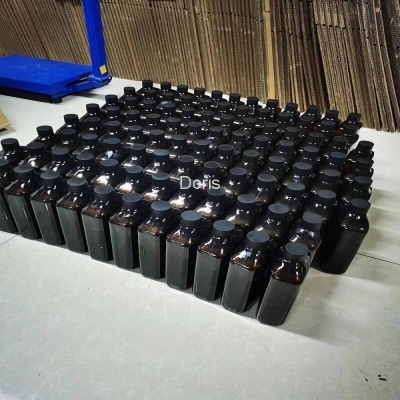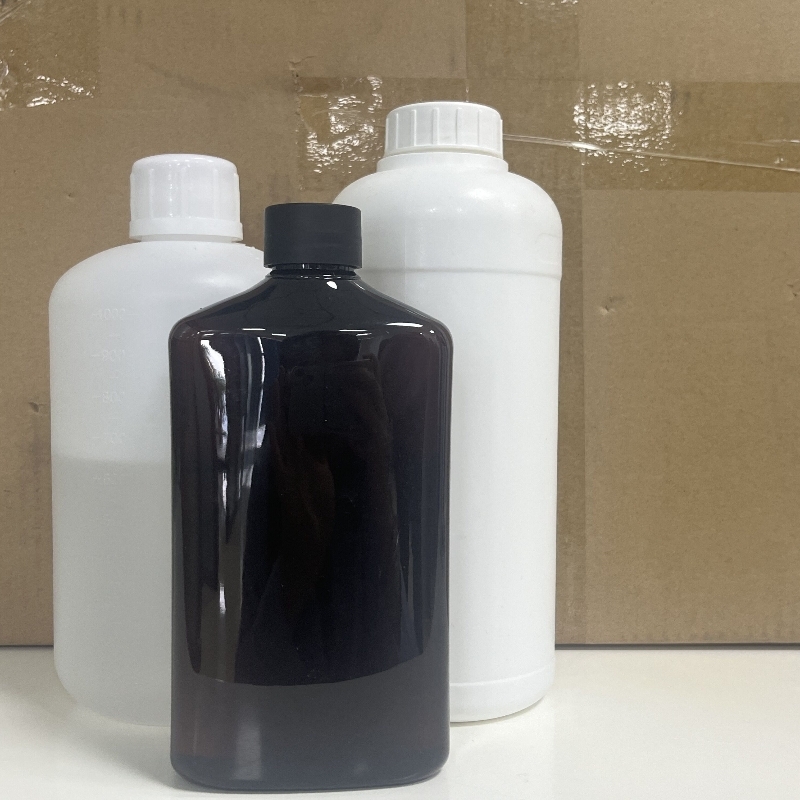Amgen released positive results of phase 3 test of PCSK9 inhibitor evolocumab
-
Last Update: 2014-04-02
-
Source: Internet
-
Author: User
Search more information of high quality chemicals, good prices and reliable suppliers, visit
www.echemi.com
Source: Ding Xiangyuan on March 29, 2014, Anjin released the detailed results of three phase clinical studies gauss-2 and laplace-2 at the annual meeting of American Society of Cardiology (ACC) The results showed that the experimental drug evolocumab, PCSK9 inhibitor, could significantly reduce the level of low-density lipoprotein cholesterol (LDL) in patients with statin tolerance Sean Harper, Amgen's executive vice president of research and development, said the results "provide us with important insights that evolocumab, as a therapeutic drug, may be used in a range of patients at risk of cardiovascular disease." The results of the gauss-2 study, which was also published in NEJM, involved 307 patients with high cholesterol tolerance to statins Patients were randomly divided into four groups, receiving placebo, ezetimibe of mosadon, or hypodermic injection of evolcumab, also known as AMG 145, once every two weeks, or once a month at the highest dose The common end point of the trial was the percentage reduction of LDL cholesterol from baseline at week 12 and the average percentage reduction of LDL cholesterol from baseline at weeks 10 and 12 The results showed that the average decrease of LDL cholesterol in Evolocumab group was between 37% and 39% compared with ezetimibe group The laplace-2 study recruited 1896 patients with primary hypercholesterolemia and mixed dyslipidemia Enjin reported that evolocumab (once every two weeks, or the highest dose every month) was combined with different doses of statins every day Compared with placebo, LDL cholesterol decreased by 55% to 76% on average from baseline, and compared with ezetimibe, LDL cholesterol decreased by 33% to 47% on average from baseline Among the other three phase results reported at the ACC meeting, Descartes with a 52 week cycle involved 901 patients with hyperlipidemia and a series of cardiovascular risks The experimental data showed that the LDL cholesterol of evolocumab used in patients with a background of lipid-lowering treatment decreased by an average of 57% compared with placebo The company further noted that the mendel-2 trial involved 614 patients who did not use statins The trial data confirmed that after three months of treatment with evolocumab, LDL cholesterol decreased by 55% to 57% compared with placebo and 38% to 40% compared with ezetimibe The rutherford-2 study involved 329 patients with heterozygous familial hypercholesterolemia The data showed that PCSK9 inhibitor reduced LDL cholesterol by 59% to 66% Harper said Amgen "is working closely with regulators on the global listing of the drug, hoping to bring this new treatment option to patients with dyslipidemia." The company said it would submit its IPO application for evolocumab to the United States this year The drug is expected to compete with Pfizer's similar candidates in later trials In addition, competitors also have a drug from Sanofi and its partner, zaharan Analysts have predicted that if approved, assuming insurers agree to pay for the drugs, each drug could generate at least $3 billion in annual sales Some analysts believe that the cost of these products far exceeds that of statins In early March, the FDA asked Sanofi and regenerant to determine whether neurocognitive adverse events occurred in the trials of their PCSK9 inhibitor test drug airocuma global development project, especially in long-term studies Scott Wasserman, Amgen's executive medical director for global development commented that we have examined our data very, very carefully and will continue to do so in conjunction with the FDA We have not found a relationship between evolocumab and neurocognitive safety Source address: http:// TSID = 28 & region#id = 2 × axzz2xybh5bax
This article is an English version of an article which is originally in the Chinese language on echemi.com and is provided for information purposes only.
This website makes no representation or warranty of any kind, either expressed or implied, as to the accuracy, completeness ownership or reliability of
the article or any translations thereof. If you have any concerns or complaints relating to the article, please send an email, providing a detailed
description of the concern or complaint, to
service@echemi.com. A staff member will contact you within 5 working days. Once verified, infringing content
will be removed immediately.







